How Liverpool CAN succeed with Rodgers and their model (by being more like Arsenal)
A bad season forced a backroom overhaul and departure of the Reds' long-serving skipper, leaving B-Rodg with a big job to do. Declan Warrington explains what's on his plate...
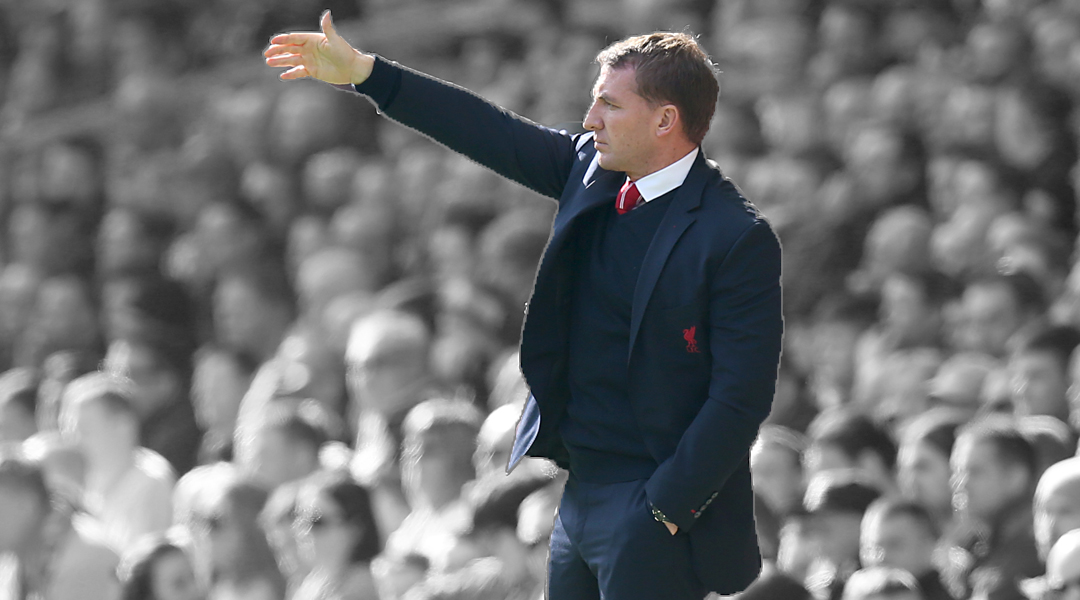
That Liverpool’s hierarchy has chosen to persist with Brendan Rodgers, regardless of the departures of assistant Colin Pascoe and first-team coach Mike Marsh, perhaps says much about their desire to continue with their widely derided transfer model that targets young, improving players.
Alongside Divock Origi and Danny Ings, the arrivals of James Milner and Adam Bogdan may suggest an altered approach, but, as with Rickie Lambert last summer, Milner's arrival in particular seems to show the club's willingness to be flexible if a signing makes functional and financial sense.
While targeting up-and-coming players is largely, in business terms, a prudent approach – it's been Liverpool’s transfer strategy since John W Henry completed his takeover of the club in October 2010.
There is also little wrong with it in practice. Liverpool’s limitations are a consequence of the individuals signed, not the formula their transfer committee is pursuing (and whether they or Rodgers are making the final decisions doesn’t matter if they succeed).
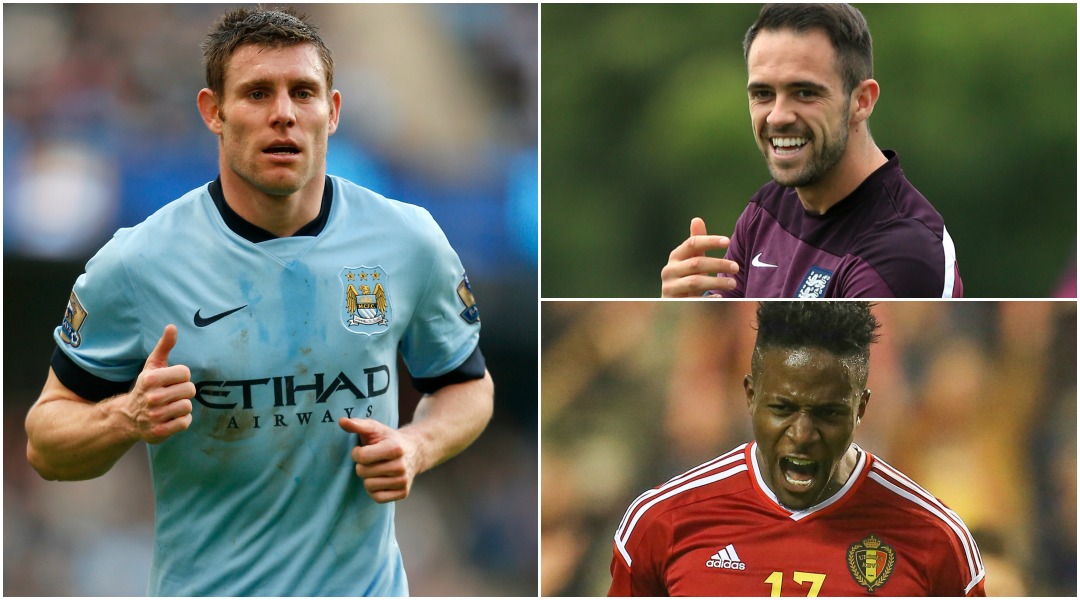
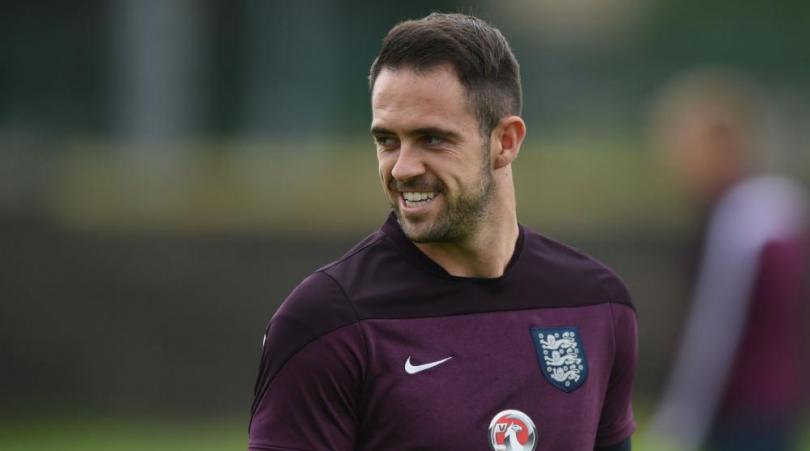
Under Kenny Dalglish, the Anfield side spent £105 million on several young, high-profile players and only Jordan Henderson has been a success. Had more in the mould of Daniel Sturridge and Philippe Coutinho been recruited, calls for a change in their approach would scarcely exist.
Arsenal, from their move to the Emirates Stadium until their 2013 signing of Mesut Ozil, largely favoured a similar strategy and proved it could work – if only to an extent. Arsene Wenger’s ability to nurture those players, which Rodgers also appears to possess, was crucial to that but, unlike Liverpool, the Frenchman identified suitable arrivals. So how can Rodgers & Co. get it right?
Persist with the strategy
Get FourFourTwo Newsletter
The best features, fun and footballing quizzes, straight to your inbox every week.
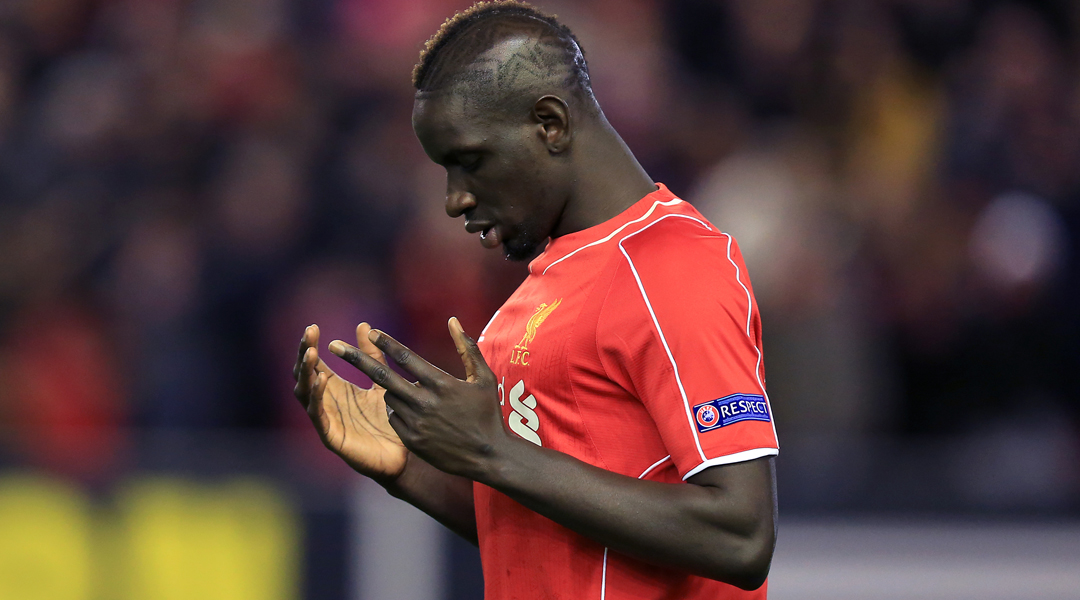
Alberto Moreno and Emre Can, of those signed in 2014, have convinced. In time, ex-PSG stopper Mamadou Sakho and former Saint Adam Lallana (who, it’s often forgotten, is actually 27) are also likely to.
It's the expensive mistakes of Mario Balotelli, Dejan Lovren and Lazar Markovic in particular that outweigh the successes and cause concern. To reference the complaints of Arsenal fans until the arrival of Ozil would be misleading. It was trophies they desired; Champions League qualification was a constant, and it's this Liverpool must first match if Henry’s project is to succeed.
There are more parallels between Wenger – who was vindicated with Bacary Sagna, Aaron Ramsey, Francis Coquelin, Samir Nasri and others, even if Denilson and Nicklas Bendtner disappointed – and Rodgers than is often acknowledged. Until Per Mertesacker and Laurent Koscielny became a successful central-defensive partnership, Arsenal’s manager, like Liverpool’s, was said to need help with recruitment and a defensive coach. It's at the back where Rodgers must start.
Trust the midfield
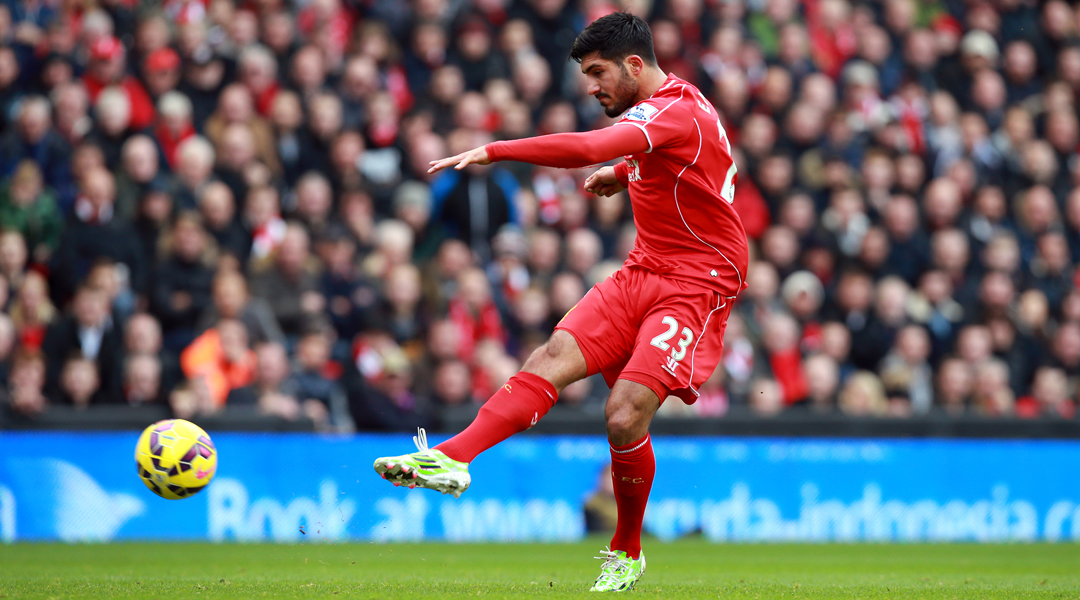
His engine room, whether set up in a 4-3-3 or 3-4-3, has significant potential – and Liverpool would be well advised to use both, depending on their opposition. Can is a more natural option than Steven Gerrard in the deep-lying playmaker role anyway, and would complement any two of Milner, Henderson and Joe Allen in front of him. Selecting Can, Henderson and Allen together would even allow Rodgers to recreate the possession-based game that impressed at Swansea, and also partly protect that vulnerable defence.
Overhaul that defence
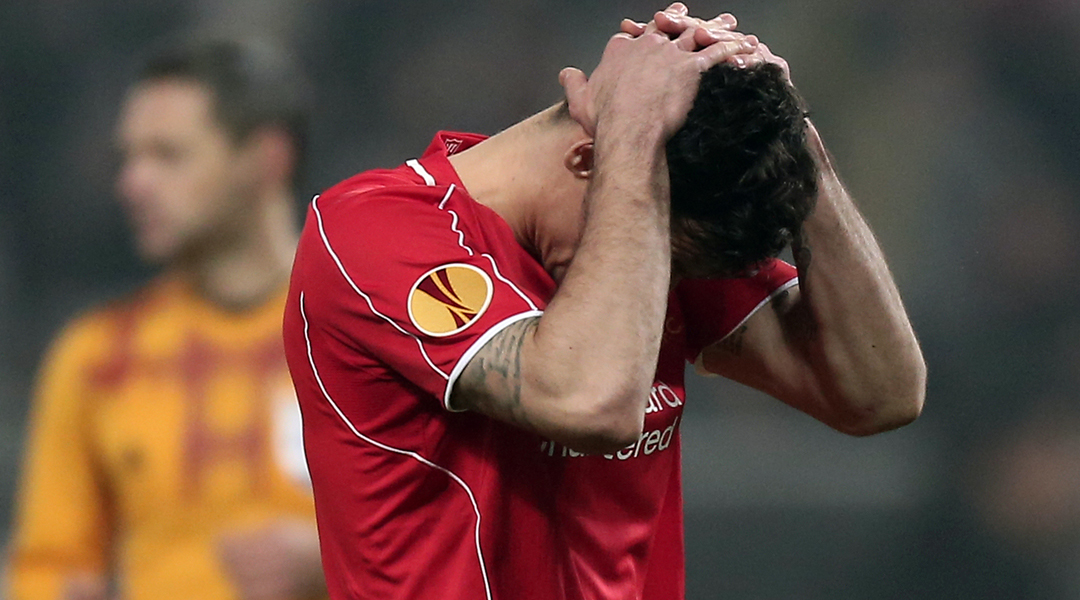
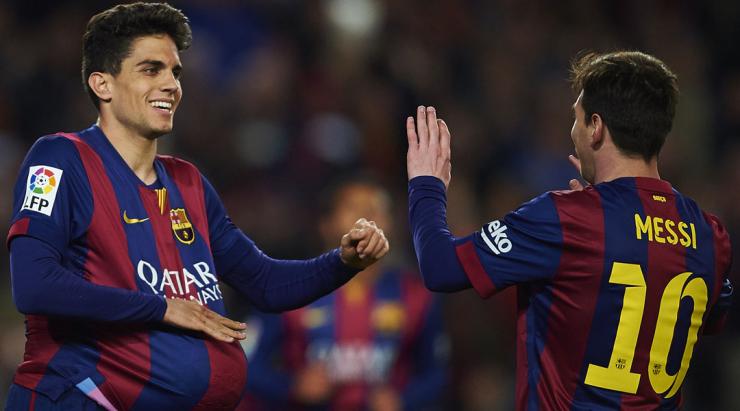
For all of the talk of spending millions on a striker, it's further back that Liverpool’s need is most urgent. Simon Mignolet is a better goalkeeper than his worrying run in 2014/15 suggested, but he isn't Champions League standard and that's where Liverpool need to aim. If uncertainty remains over the future of Wojciech Szczesny, or another goalkeeper with similar potential is available, then Rodgers should act.
The Reds' chief has yet to organise a convincing defence in three years at Anfield (perhaps Sami Hyypia, linked with the vacant assistant manager’s role, could do). Daniel Agger was his best centre-back but was sold, Martin Skrtel has rarely excelled without Jamie Carragher and Lovren, at an eye-watering £20m, was always a questionable solution.
Extending Kolo Toure’s contract for another 12 months was another strange decision; persisting with Skrtel too, although the impending £3.5m arrival of Charlton’s Joe Gomez should prove a bargain in time. Selling Lovren to fund a move for Ipswich’s promising Tyrone Mings would be equally worthwhile, even if it represents a gamble. Nonetheless, these are long-term solutions to a short-term problem.
Let the frontline mature
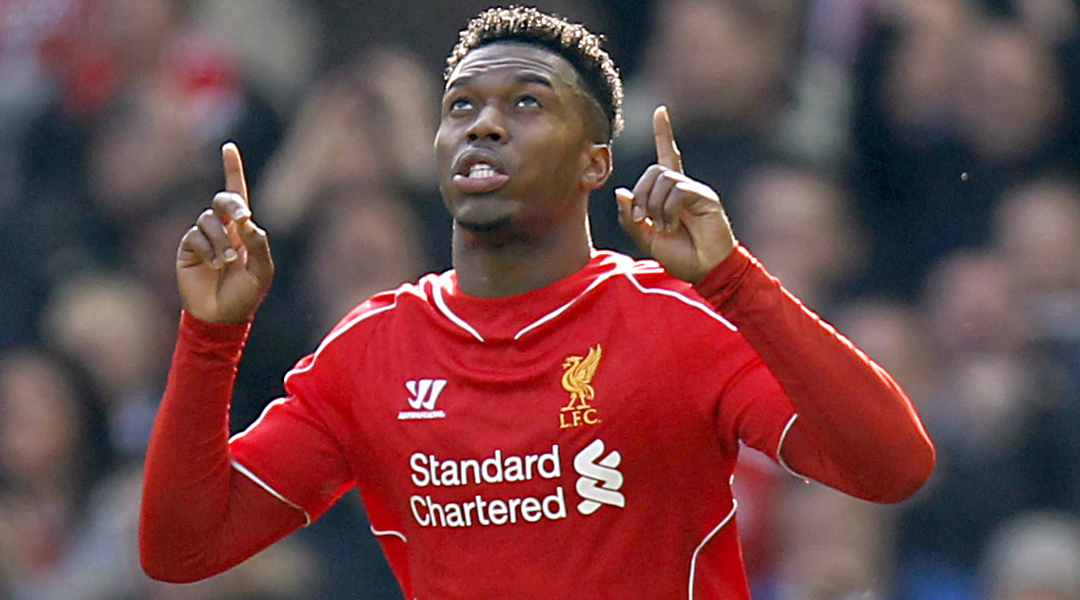
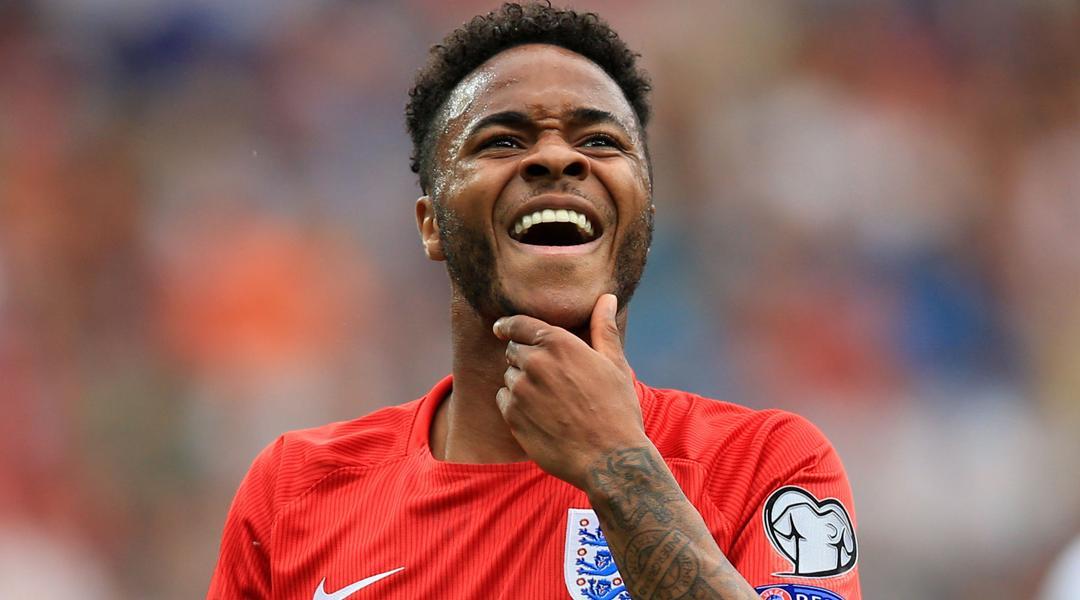
It's in the attacking third that Liverpool are expected to make the most changes but where, in reality, few are required. In the unlikely event that Raheem Sterling is retained, he should be returned to a deeper, more flexible role in a front three where he can excel alongside Coutinho and behind a reliable striker. If he leaves, Rodgers must get his replacement right.
Liverpool have already committed to Origi, Ings and most likely a front three, and with Sturridge expected to return from injury by October (and multiple options out wide) another striker isn’t necessary. Spending £32m on Christian Benteke would be an admission that Ings and Origi aren't ready despite Rodgers’ supposed strength of polishing players to make and save millions on transfers, and represents a huge investment in a player already at his peak and outside of the club's model.
Realistically, Balotelli, Fabio Borini and Lambert need to be sold (not that the Englishman has done much wrong; it's just obvious Rodgers doesn’t value him) to recover some wasted money.
Gamble!
Doing so would mean gambling and being ruthless: as Henry was with Dalglish in 2012 and Rodgers has been with Pascoe and Marsh, and appeared to be with Gerrard.
If not, the manager and his club's transfer policy will have failed at what feels like a defining time in their future. Lowering the squad’s average age, reducing the wage bill and increasing the club’s overall strength and potential can work and, rightly or wrongly, that feels like Henry’s dream.
